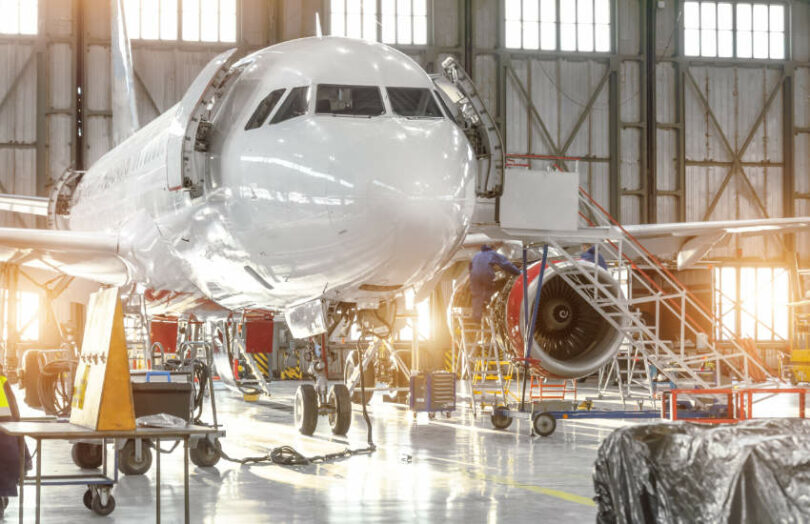The European Union Aviation Safety Agency (EASA) is starting a project to explore using blockchain to manage approved aircraft parts and components. The VIRTUA project involves blockchain startup SkyThread and FPT Software developing the solution in conjunction with International Air Transport Association (IATA) and PwC France.
VIRTUA will explore the various blockchain technologies as well as use cases for managing aircraft parts. If successful there could be changes to EU safety regulations and standards.
Aircraft parts is one of those blockchain use cases that is already widely used and hence not discussed that much any more.
The key safety driver is to prevent the use of unapproved parts. While blockchain itself cannot tackle counterfeits, combined with special etching and traceable invisible inks, it can.
Between 2010 and 2016, unapproved aviation parts played a role in nearly two dozen accidents in the United States, resulting in seven fatalities.
But counterfeits are not the only problem. Most parts have limited shelf lives and there’s a very active market in used compoonents. Hence there’s a requirement to track the lineage of parts, which historically was pretty paper based. Hence the desire to digitize and the widespread use of blockchain, including by SkyThread one of the project members.
“The implementation of blockchain technologies for the management of approved aircraft parts and components could impact the whole lifecycle of certificates, from their issuance by production organizations to the changes introduced by design or maintenance organizations,” said Nick Careen, IATA’s Senior VP Operations, Safety and Security. “We believe that this project will provide a comprehensive vision on how blockchain solutions could contribute to addressing the issue.”
Why blockchain & aircraft parts traceability are a good match
While blockchain has been applied to some questionable use cases, this isn’t one of them. It is particularly well suited because it acts as a shared registry with many potential users – all the airlines and their maintenance and repair (MRO) firms.
A related use case not explicitly mentioned for the VIRTUA project is sometimes aircraft parts are produced remotely using 3D printing. It’s important to ensure the 3D design is the original and hasn’t been tampered with. The US Air Force, and Air New Zealand have trialed blockchain for this purpose.
HoneyWell, GE Aviation and Thales were amongst the first to deploy blockchain for aircraft parts, but there have been numerous others.






